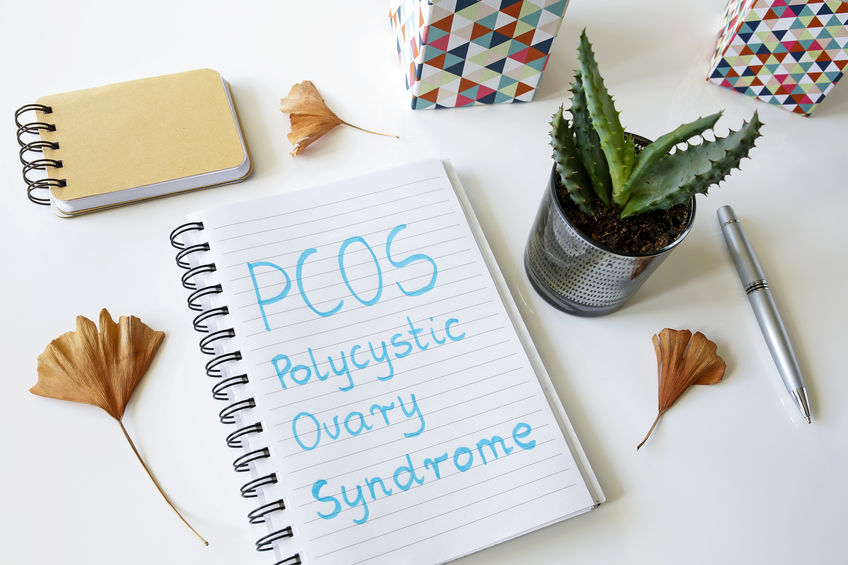Understanding PCOS And Its Effect on Fertility
PCOS causes a hormone imbalance which prevents a woman’s ovaries from releasing eggs each month as part of her regular menstrual cycle. PCOS may also result in the growth of small, fluid-filled sacs in the ovaries. These are known as follicles. Because PCOS causes women to have irregular periods, or to miss periods altogether, and can also cause infertility. PCOS is one of the most common causes of reproductive problems in women worldwide.

Who is most likely to get PCOS?
Around 1 in 10 women between the ages of 15-44 years of age suffer from PCOS. Typically, women are diagnosed with PCOS during their 20s and 30s because of difficulty getting pregnant. PCOS can affect all women, regardless of race or ethnicity. This risk may be higher in women who are obese or who have a family history of PCOS.
What are the symptoms of PCOS?
PCOS symptoms can arise at any time between puberty and early adulthood. However, PCOS may go undiagnosed for some time as symptoms are sometimes attributed to other causes. As well as irregular or missed periods, other symptoms of PCOS can include weight gain, hirsutism, acne, pelvic pain, problems sleeping, and infertility.
Starting a family with PCOS
Women who suffer from PCOS and wish to start a family have a number of options. Many women find that treatment with fertility drugs can help them to conceive. These drugs work by stimulating ovulation. Unfortunately, this type of fertility drug does not work for all women with PCOS. When fertility drugs are not successful, women may wish to try gonadotrophins. These are a combination of luteinizing hormones and follicle stimulating hormones and can be taken orally or injected. The doctor may recommend taking a cycle of gonadotrophins along with fertility drugs.
PCOS and IVF
If the other fertility treatments are not successful, women may wish to consider IVF (in vitro fertilization). IVF involves using injectable hormones to stimulate the production of mature eggs in the ovaries. Once matured, the eggs are then retrieved surgically. When the eggs have been harvested, they are placed with the sperm in a lab. If the eggs fertilize, one or two of the embryos are transferred to the woman’s uterus. The good news is that women suffering from PCOS can still conceive with the right treatment.




